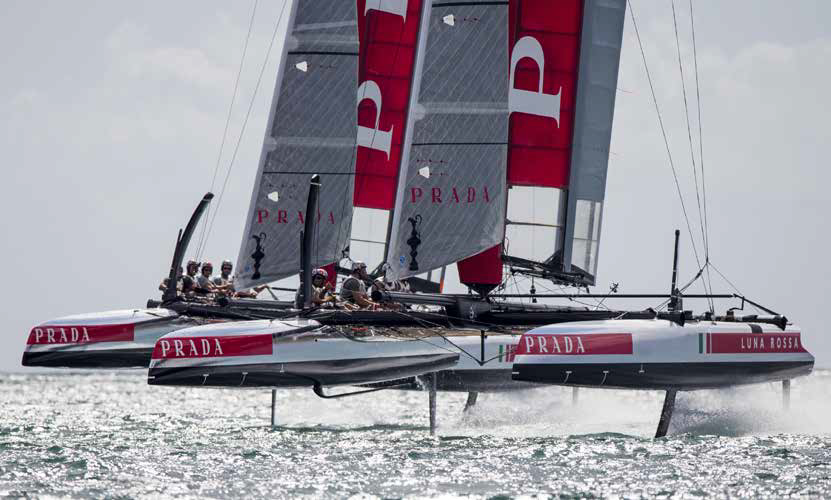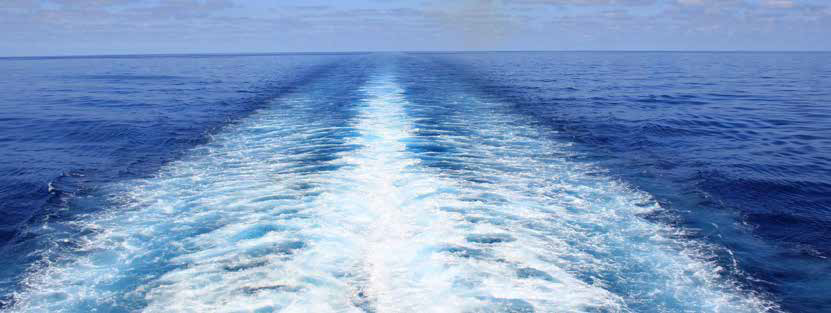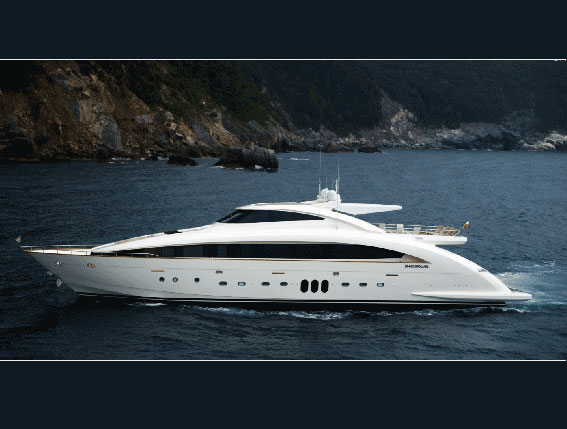Abstract
The 34th edition of the America’s Cup was a breakthrough event in the world of sailing, with traditional mono hulls giving way to the AC72 class foiling catamarans equipped with foils and wing sails. Since then, sailing and engineering teams have been dealing with a new set of challenges ranging from boat handling, tactics and, it goes without saying, the design of these new vessels and their subsystems. From a design point of view, naval architects and engineers have been forced to rethink their way of working and open up to other design processes and methods, like in motor racing, which has already gone through a similar shift, where regulations tend to trigger a series of small incremental changes rather than radical one-off developments. Moreover, the change from yacht to flying catamaran has revolutionized sailing philosophy, leading to constant changes in speed and boat response to conditions. This means that catamaran performance needs to be maximized by taking into consideration a whole new set of predictions and external factors. When the Luna Rossa Challenge Team started developing the concept for the catamarans in view of their campaign of the 35th America’s Cup, it opted to implement design process integration and automation routines. The limitations imposed by America’s Cup regulations served to highlight the need for simulations and multi-domain analysis - tools that proved crucial to developing and improving the new AC62 class boats.
Read the article



